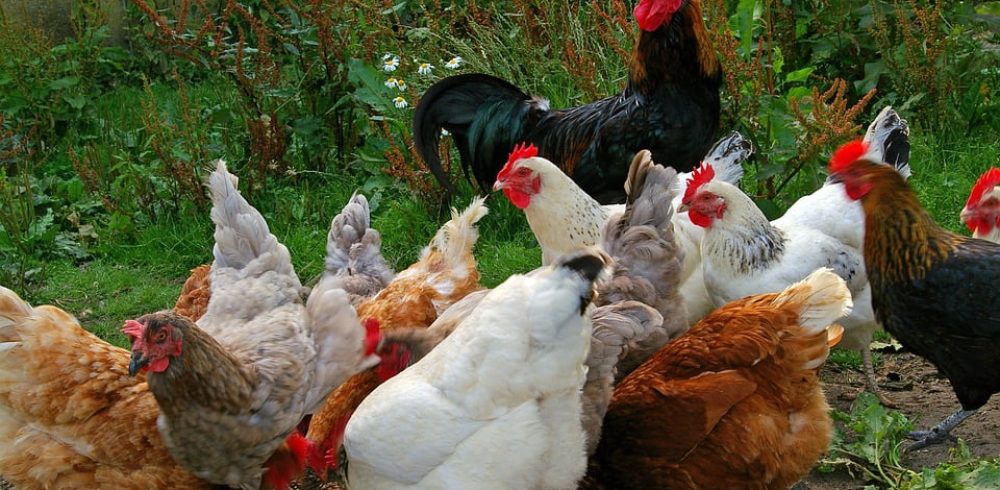Poultry farmers in Cambridgeshire are being told to protect their birds, after a highly-infectious strain of avian flu was discovered in Europe.
Precautionary measures were announced for farmers against the H5N8 bird flu strain by the Department for Environment, Food and Rural Affairs (Defra) yesterday (December 6).
Farmers are required to keep any chickens, turkeys and ducks indoors for 30 days, or take steps to separate them from wild birds.
Christmas dinners are unlikely to be affected, however.
John Newton, regional lead on poultry for the National Farmers Union in East Anglia, told the News: “It’s not a human health risk, so we’re purely looking at the health of birds for commercial purposes. But if the influenza gets into a flock of commercial birds, the consequences are severe for a producer.
“I would ask that producers maintain goodbye security – which means keeping visitors out of the site and to ensure the risk of spreading the disease is minimised.
“We haven’t got it in the country at the moment but we’re taking precautions.
“If anyone believes their poultry has the disease, it must be reported to the authorities. But in the first instance they need to contact their vet as a matter of urgency to look at the symptoms to establish the cause.”
The strain of bird flu was found in poultry and wild birds in France, Sweden and other nations.
Members of the public are also being told to report cases of dead swans, geese and ducks, gulls, or five or more dead birds of other species to Defra.
Surveillance has been increased and keepers are being urged to make sure feed and water is not accessible to wild birds.
Chicken farmer Daniel Brown, from Cambridge, with 40,000 hens in three sheds said that Defra had made the right move.
He said that he’ll be putting in extra toys for the birds, such as straw bales, empty bottles, and cardboard boxes to “give them something else to think about.”
Mr Newton added that Christmas dinners are unlikely to be ruined from the outbreak.
“The vast majority of turkeys that would be kept outdoors have already been slaughtered,” he said.
“So only a few remaining birds will be housed in the next couple of days before being slaughtered for Christmas, so the risk for turkey and geese for Christmas is very small. In fact there’s no risk at all.”
Last month, a total of 190,000 ducks were culled in Holland in an attempt to prevent the spread of bird flu across northern Europe.
Article taken from http://www.cambridge-news.co.uk/news/cambridge-news/cambridge-farmers-warned-highly-infectious-12284387















